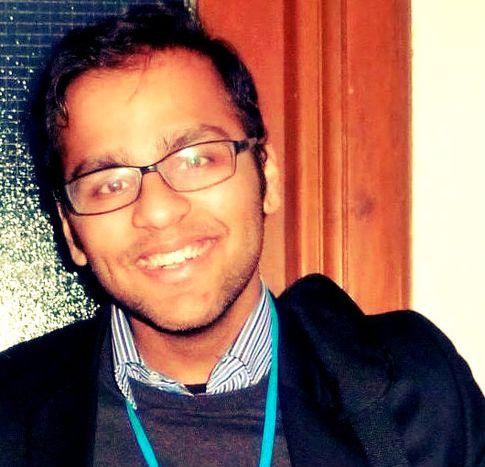
Hassaan bin Shaheen: "Europe could definitely step it up a bit"
Published on
The panelists at the "Dispute over Europe" event on May 2, 2014 weren't only big European names. The first panel "The Idea of Europe - Next Generation" saw five young students, journalists and philosophers debate what Europe is or should be today. One of them was Pakistani activist and legal adviser Hassaan bin Shaheen
What does it mean to have freedom of expression, to be unencumbered by visa restrictions and to have the right to live whichever life one chooses? As a Pakistani at the University of London, Hassaan Bin Shaheen can teach Europeans something about the incredible freedom they have – although they often tend to forget it. Hassaan, who is working as a legal and political adviser, is involved in various political research projects and has founded a youth debating society in Karachi.
Cafébabel: Hassan, you claim that Europeans are sitting on a gold mine without realising. What do you mean?
Hassaan Bin Shaheen: I am from Pakistan which means that there are only six countries in the world I can visit without a visa. Even if I stay within the confines of these six countries, I will get asked a lot of questions. The mobility that Europe allows you to enjoy, along with the ability to meet different people and not be restricted in the opportunities you can create for yourself, is exceptional. Europeans have the power to create their identity and future in whichever way they want. Still, there are so many people who criticise and complain. That might be important for the development of Europe, but you shouldn’t ignore the fact that there are people, like myself, who don’t enjoy the same freedom.
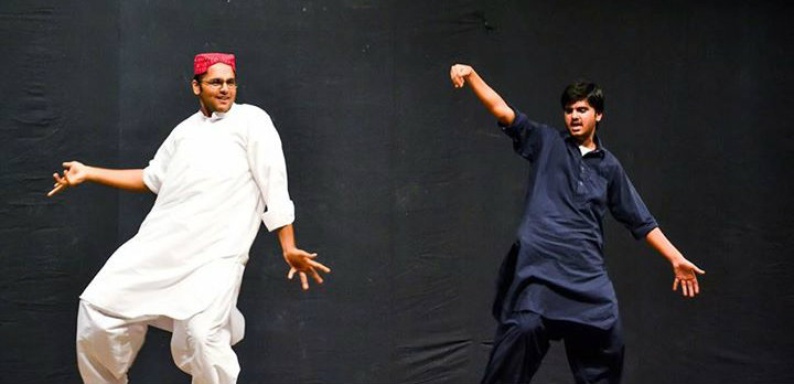 Cafébabel: Why do you think young Europeans are so rarely aware of their freedom?
Cafébabel: Why do you think young Europeans are so rarely aware of their freedom?
Hassaan bin Shaheen: I think it’s the absence of a point of comparison. I want Europeans to have it easy, but compared to the struggles of the youth in countries like Pakistan or India, the struggle of European youth is a lot less uphill. Europeans don’t seem to realise that that people in other parts of the world would struggle and fight and even die for this freedom.
Cafébabel: Regarding these struggles, do you think Europe should take on a role model function and be more actively engaged?
Hassaan bin Shaheen: Personally speaking, I’m totally up for it. But my views are very different from the average Pakistani who might consider this to be a form of imperialism. But there are other, non-imperialist ways to go about it. You don’t have to actively intervene, you can also create partnerships or synergies with local government organisations or direct aid or foreign investment to specific countries. In that respect, I think Europe could definitely step it up a bit. You have been fighting long enough for what you have, so if the forces of evil come right into your face, there is no reason to stay in the back seat.
Cafébabel: As a founder of the “Debating Circuit”, do you think that the political apathy and unwillingness to engage you see in Europe is also ailing Pakistani youth?
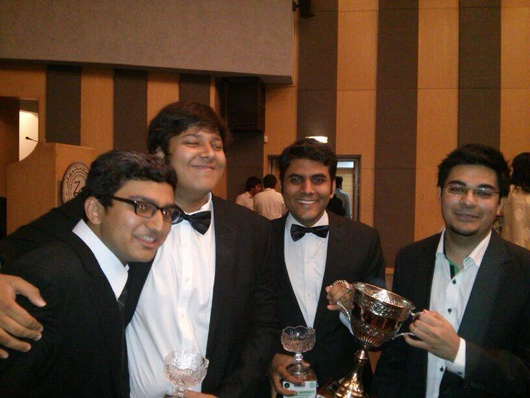 Hassaan bin Shaheen: I think youth all over the world are fairly apathetic. During my studies at the University of London for example, I met great people who worked very hard for the causes they believed in, but quite naturally there were also lots of people who just wanted to have a good time. The same is true for Pakistan. However, change is easier to bring about in Europe where you can quickly see its immediate effects. In Pakistan everything takes a lot more effort and a lot longer to be implemented.
Hassaan bin Shaheen: I think youth all over the world are fairly apathetic. During my studies at the University of London for example, I met great people who worked very hard for the causes they believed in, but quite naturally there were also lots of people who just wanted to have a good time. The same is true for Pakistan. However, change is easier to bring about in Europe where you can quickly see its immediate effects. In Pakistan everything takes a lot more effort and a lot longer to be implemented.
Cafébabel: How did you come up with the idea of founding a debating society?
Hassaan bin Shaheen: The idea came from the tradition of British parliamentary debating which is quite popular in Pakistan. When I got involved in this, I was very bad at it, but my friend Ehab Ansari was doing much better. Our universities weren’t very supportive of the scheme, so we decided to make this up on our own. First we found a space in the Second Floor Café (t2f) thanks to Sabeen Mahmud, then I called a lot of people in Karachi and did the salesman thing, so we ended up getting a lot of people on board. Since the foundation of the Debating Circuit in September 2012, we have done over 35 training sessions and conducted workshops in communities that are targeted by extremists. In this context, we used debating as a tool to teach them critical thinking. My personal aim is to do this full-time.
Cafébabel: The “Dispute over Europe” panels were all dominated by men. How many girls are involved in the "Debating Circuit"?
Hassaan bin Shaheen: The ratio is fairly low, but women are definitely rising up. Personally, I would like there to be more women, but Pakistan is still fairly patriarchal. To be honest, in the West we always talk about feminism having hit its peak and patriarchy being dead, but I think that patriarchy is still very much alive. In Pakistan a lot more so, of course! But we consume your literature, your movies, your values, so change is happening albeit slowly. Again, the West needs to assume a more active role and defend those values.
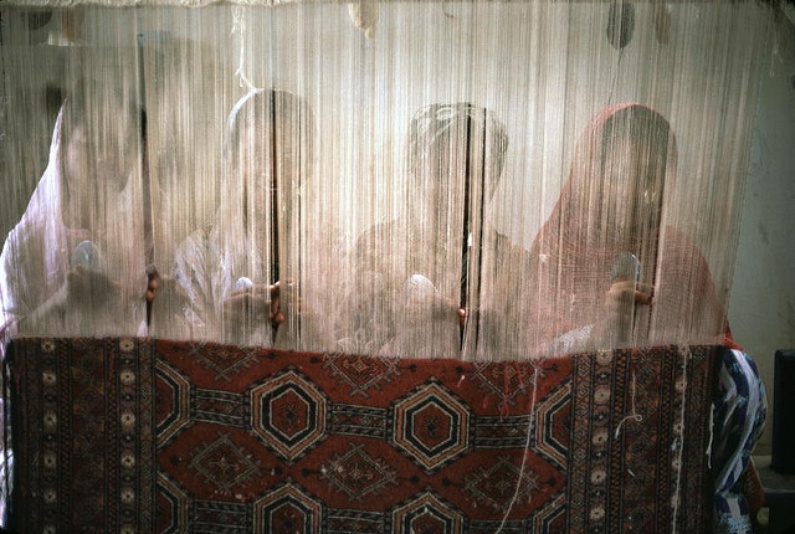 Cafébabel: You claim that talk is cheap and needs to be backed up by actions. Do you think that in Europe we just talk a lot?
Cafébabel: You claim that talk is cheap and needs to be backed up by actions. Do you think that in Europe we just talk a lot?
Hassaan bin Shaheen: I think that is true for any country in the world, so Europe is not a special place in that respect. One of the biggest problems that Pakistan is facing is that everyone is very good at talking. But in the West, there is this active obsession with creating a public sphere and the idea that there needs to be more discourse. I think that discussion is important, but it also needs to lead to something. Europe is leaps and bounds ahead when it comes to having those discussions, but it also needs to assume an active role in furthering these discussions by actions. I almost sound like a Marxist when I say we need to change the world! (laughs) But the point is that we really need to change the world and that, at the end of the day, talk really is cheap.
CAFÉBABEL BERLIN DISPUTES ABOUT EUROPE
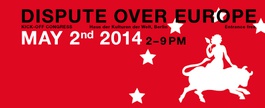 Cafébabel Berlin is an official media partner of A Dispute over Europe. Following May 2, 2014, you will be able to read articles centered on the congress as well as interviews with the panel members. More updates can be found on Facebook and Twitter.
Cafébabel Berlin is an official media partner of A Dispute over Europe. Following May 2, 2014, you will be able to read articles centered on the congress as well as interviews with the panel members. More updates can be found on Facebook and Twitter.



